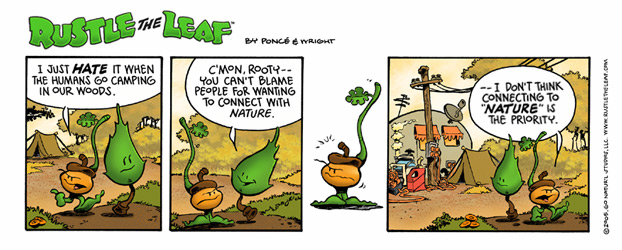Margarine Musings
 When I was growing up, my family used margarine, never butter. When as an adult I bought my first block of butter I treated it as if it were margarine. I stored it in the fridge until I needed it. Then I stuck a table knife in it and tried to scoop out a lump. No joy. I levered and waggled and eventually managed to excavate a lump of cold hard butter, which I dropped onto a slice of bread. Then I tried to spread it. As I contemplated my ruined slice of bread (now just a crust with a big hole in the middle) I thought "It's rubbish, butter. No wonder my parents always used the superior, easy-to use modern margarine instead!"
When I was growing up, my family used margarine, never butter. When as an adult I bought my first block of butter I treated it as if it were margarine. I stored it in the fridge until I needed it. Then I stuck a table knife in it and tried to scoop out a lump. No joy. I levered and waggled and eventually managed to excavate a lump of cold hard butter, which I dropped onto a slice of bread. Then I tried to spread it. As I contemplated my ruined slice of bread (now just a crust with a big hole in the middle) I thought "It's rubbish, butter. No wonder my parents always used the superior, easy-to use modern margarine instead!"Of course, I learned over time. Now I know that butter is just as easy to use as margarine as long as you know how. You can't use it straight from the fridge, it has to be room temperature first. You can't just scoop out a lump, you need to scrape off a portion softening it as you do. And you don't really spread it on sliced bread, you have to dab little bits of it here and there and smoosh them out slightly, but it's much better on thick slices of home-made crusty bread, still warm from the oven. In the self-sufficiency blogosphere we talk a lot about the skills our ancestors had, and we try to learn some of them, for example cheese-making, beekeeping, or building with cob. But there are many much more humble skills we have also lost. My parents knew how to use butter, but they never passed the skill on to me and I had to learn the hard way. I am lousy at laying a fire in a hearth but my husband has the knack. When I watch my 5-year-old son try to sweep up some crumbs with a hand brush, I marvel at all the different ways he manages to get such a simple task wrong. These things are simple, but they still need to be learned. Or if the knowledge has skipped a generation, re-learned.
It's tempting to think that modern objects and ways are better than those which have gone before. When we try to do things the "old" way, we often find them difficult and unsatisfactory. But we shouldn't assume our forebears found them so. Maybe we just lack the skills to do it properly, like my first fumbling attempts to spread butter. On the other hand we should avoid the temptation to romanticise the past - there was plenty of gruelling labour and hardship, and we have certainly made progress in some areas which I would not want to give up. My tendencies may be Luddite, but you'll have to prise my wireless internet enabled laptop from my cold dead fingers, for example.
If this admittedly rambling article has a point, it's that knowledge and skills are precious. Every bit as precious as objects and artefacts from the past. Even very menial skills, once lost, are difficult or sometimes impossible to recover. There is a lot of pleasure to be had from mastering a new skill, and even more from passing it on to the next generation.


No comments:
Post a Comment